3 Ways You May Be Getting In Your Own Way When Looking For Change
By Jeffrey Kraft, LMFT
Change is a process that occurs in our lives whether we invite it or not. Big changes and their impacts are largely unavoidable, but hopefully, we get at least some say in who we will be from one change to the next. First identified by Susan Forward and Donna Frazier, fear, obligation, and guilt are the tools that controlling individuals use to influence us, our decisions, and prevent us from advocating for ourselves. While it is important to consider how change can be inhibited within our interactions with others, these tools also may be used by ourselves to get in our own way.
It is important to have goals and something to shoot for; they allow us to focus on a destination for our lives and greatly consider what could be. Before asking what is holding you back from change in your life, consider if you are dealing with self-imposed fear, obligation or guilt in the pursuit of your goals.
Fear is a common response to anxiety provoking situations. Say your goal is to be more comfortable in social situations: it is important to identify and understand your hesitations or avoidance for being yourself in social situations. Through processed and gradual exposure to these types of interactions one can work to challenge these fears that are only imposed to protect ourselves.
Obligations are a challenging topic to think about, let alone talk about, because they are often rooted in a value system. When considering obligation in our family systems, it is obvious that each family is both structured differently and valued differently depending on your personal experience of your family of origin. When we face issues of obligation, one may be constrained to assert their personal needs out of obligation. Say your goal is to grow a deeper connection with a parent: your relationship may not allow for you to assert your adult needs with this person (a necessary process for growth) as you may hold beliefs that you should not or ought not challenge the dynamics in this relationship. Open and vulnerable communication is then threatened which limits our ability to grow a deeper connection.
Guilt also limits our ability to be our open vulnerable self. Say your goal is repair from an infidelity in your relationship: the unfaithful partner commonly experiences intense feelings of guilt about their actions. This can cause that person to shut down and struggle to open up about their needs and feelings in their relationship; thinking “I need to focus on my hurt partner’s needs in order to repair.” Contrarily, the betrayed partner can be looking for anything they can do to prevent this painful experience from happening again. Due to the guilt in the dynamic, it actually prevents them from advocating for true sustainable repair when dealing with betrayal.
Before allowing frustration due to feeling a lack of progress to take hold, first consider in what ways you are getting in your own way. You may find that you are dealing with constructed fear, obligation or even guilt that would prevent you from experiencing your life in a more effective and meaningful manner.
Jeff sees clients in both the loop and Andersonville offices. To learn more about how therapy can assist in creating change, contact him today.
